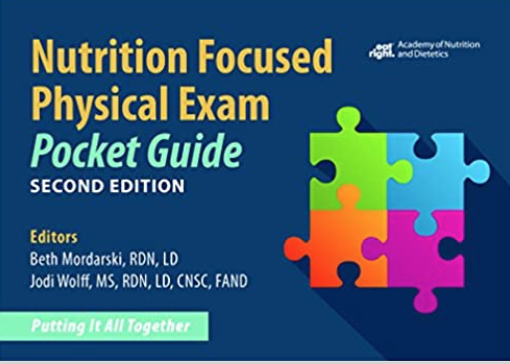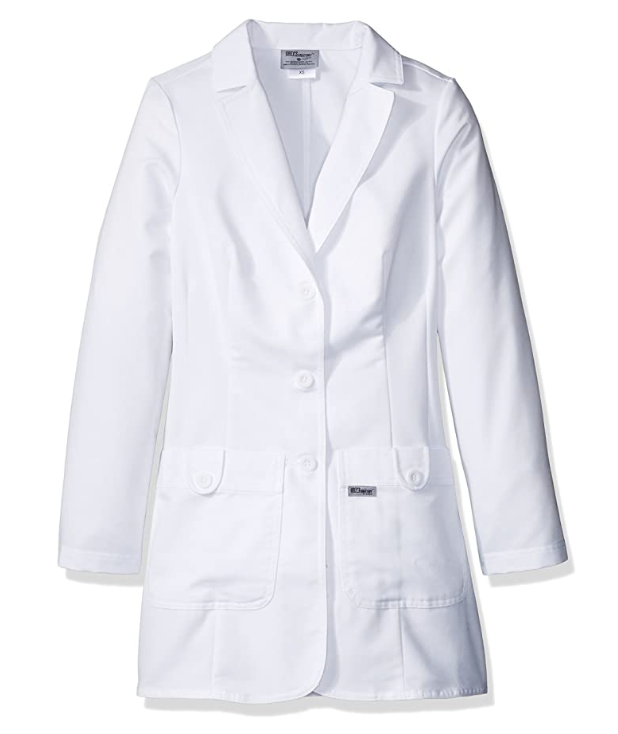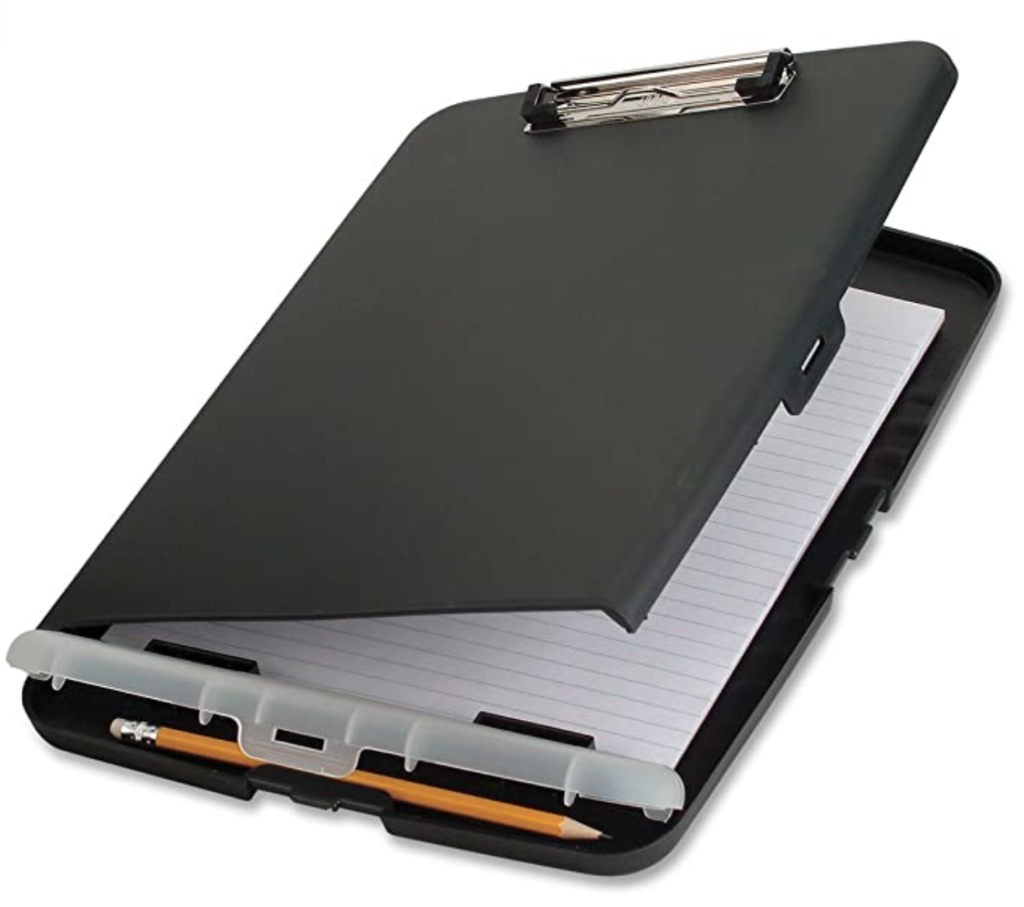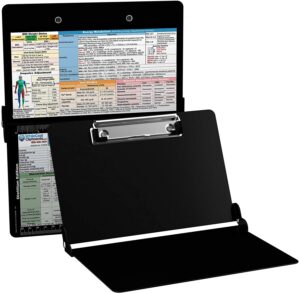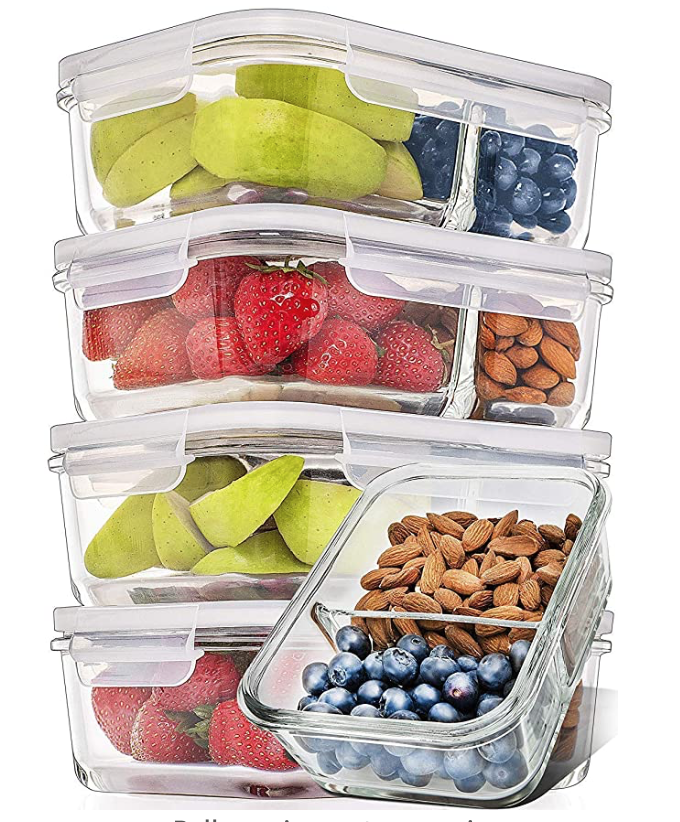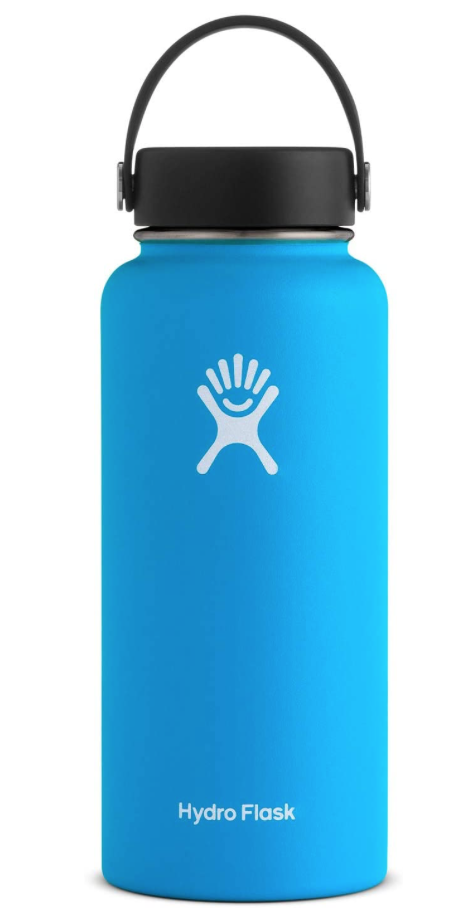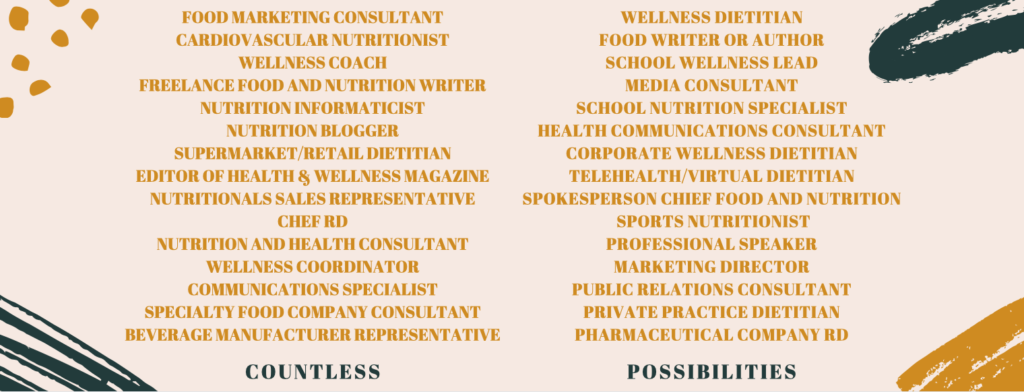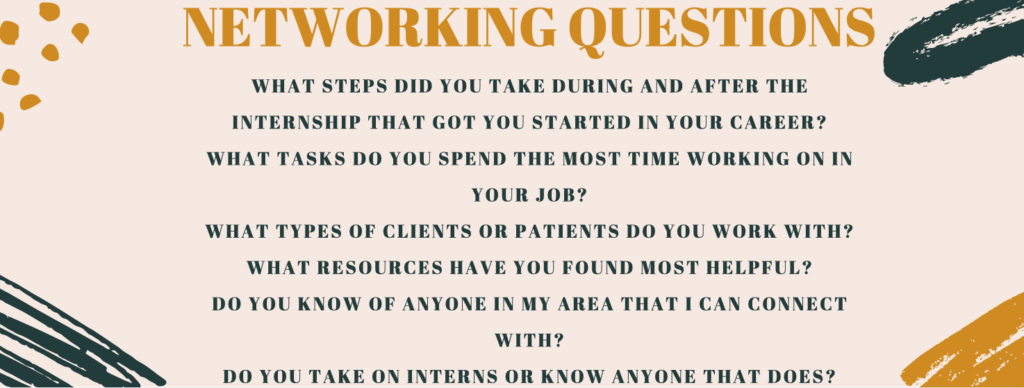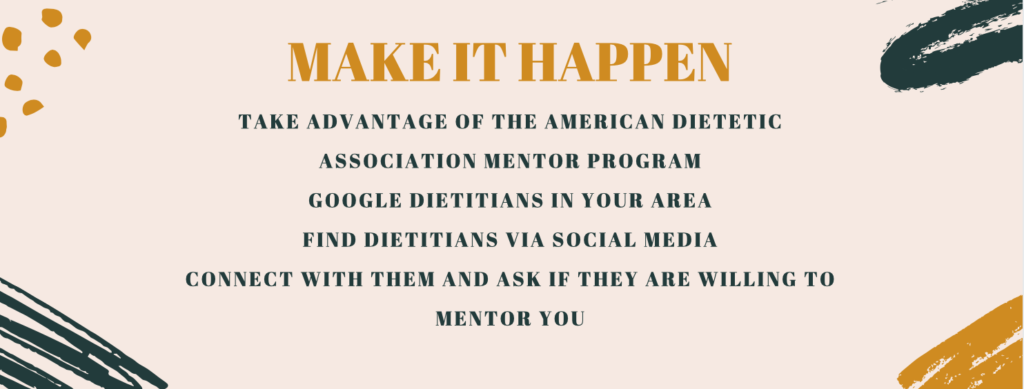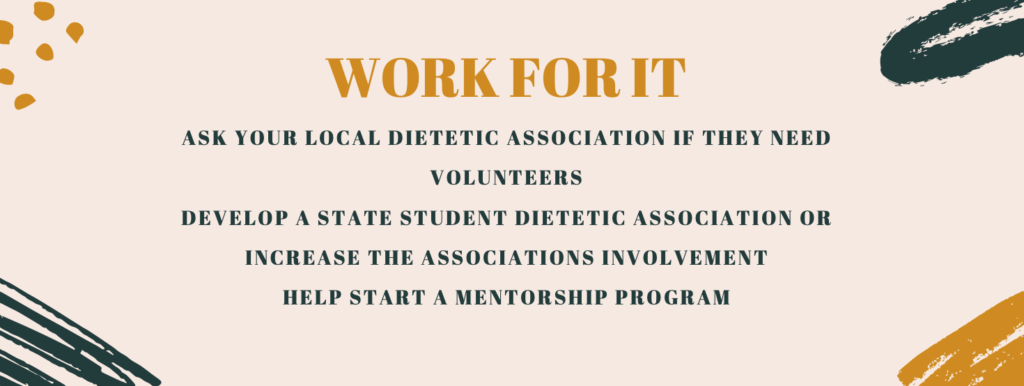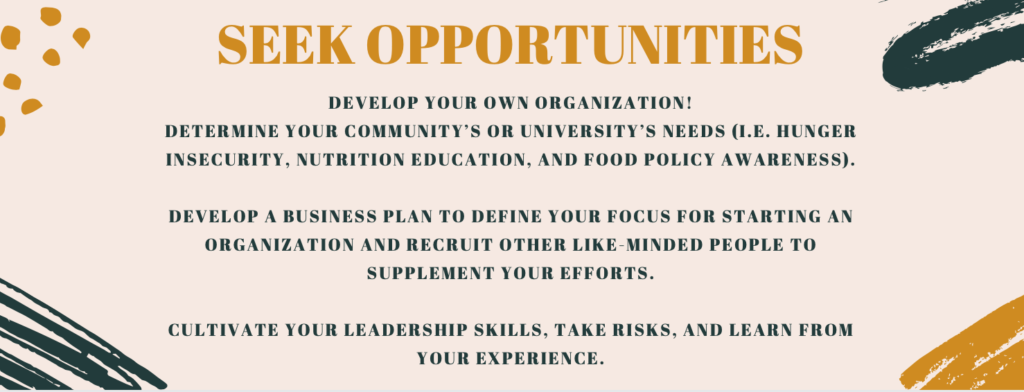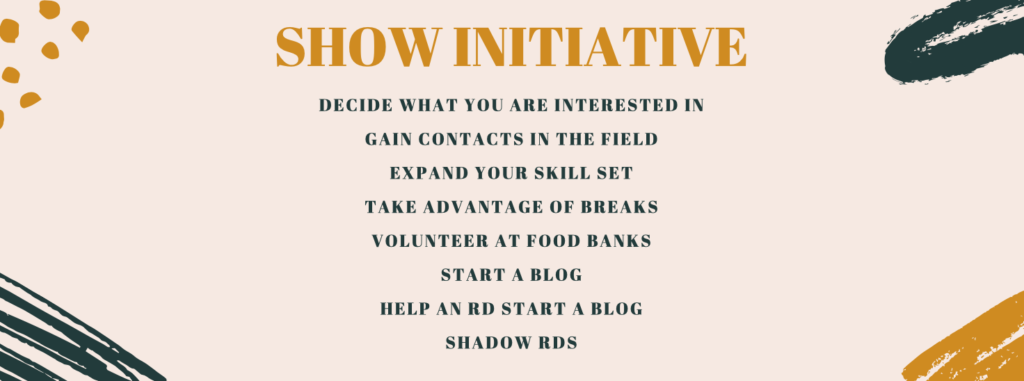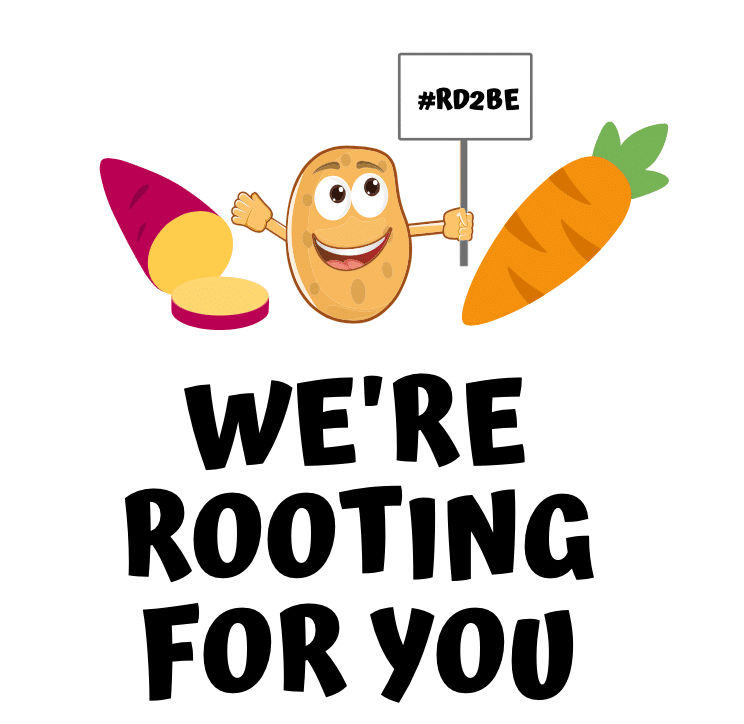Director Interview: Be Well Solutions Dietetic Internship
- 0 comments
- by jennifer.westerkamp
What are the top three things applicants can do (besides good grades and getting experience) to stand out?
In terms of DICAS, we review all aspects of the application to obtain the whole picture of each applicant. Strong applicants tend to have certain qualities:
- – Passion. It is evident when applicants demonstrate their passion for the dietetics field by illustrating compelling stories in their statement.
- – Communication skills. Strong written and oral communication skills are essential for success in our program, and we score these qualities in the DICAS application and the interview.
- – Be organized. We can tell when applicants have been intentional with all aspects of their application and are thinking about being an intern. We require applicants to obtain their rotations, and the rotation schedule is a straightforward tool we use to assess the applicant’s ability to plan and organize their future internship experience.
In general, applicants may reach out via email (attach a resume!) and attend one of our Virtual Open House events. These avenues allow applicants to get to know our program in more detail and ask any questions they may have.
What are one or two common mistakes you see applicants make?
It is clear when an applicant has not had anyone else review their application. If we see typos or another program name listed in the personal statement, we assume the applicant is not serious about our program. More than you would think, we see sections of the DICAS application left empty such as volunteer or work experience and honors and activities. Still, the applicant will have included these experiences on their resume. If an applicant sends an email inquiry and asks an obvious question on our website, it shows they did not research our program ahead of sending the email. Attention to detail like completing all portions of DICAS, reviewing documents for errors, and intentionally planning an email is essential for success in our program.
What are the benefits of a distance dietetic internship?
There are many benefits to a distance dietetic internship program! The most tangible benefit is that each intern has the opportunity to create their own educational experience by customizing their rotation schedule to suit their strengths and passions. The distance aspect allows for flexibility in a geographic location of rotations that can be scheduled where the intern has family and support available. By working with dietitians local to their community, interns benefit from creating a network of dietetic professionals early in their careers, leading to multiple connections and future job opportunities.
What qualities make a successful distance dietetic intern?
Interns who are most successful in our program are very independent and organized. While our program offers a great support network, we expect our interns to manage their daily schedules with their preceptors and remain on top of our internal curriculum tasks. Interns need to have good communication skills across all mediums. We communicate with our interns often via email, phone calls, and Zoom, expecting interns to communicate effectively. Successful interns are ambitions. It is apparent when interns put forth the effort to produce good work with their preceptor and through our curriculum, and we typically see those interns pass the R.D. exam right away.
Where are the graduates of your program working today?
Everywhere! Based on intern feedback, our program provides graduates with the skills they need to succeed in all practice areas. We have graduates working in corporate wellness, clinical dietetics, school foodservice, community nutrition, private practice, and government programs!
Can you describe what makes your program different from others?
Our program has a concentration in Corporate Wellness and Health Promotion. This is enhanced by the wellness rotation and wellness-related didactic learning components of our curriculum. BWS DI offers support to our interns through Faculty Advisors, who mentor interns throughout their program. The 1:5 ratio allows for a high touchpoint between Faculty Advisors and interns, with frequent communication with interns and preceptors throughout rotations. The Lead Faculty foster a strong sense of community among the interns, encouraging communication and collaboration among each cohort. Interns are placed into small groups that meet monthly for online conference meetings and Journal Clubs, fostering connections within the small groups and Faculty Advisors. Our program provides R.D. exam study material and professional development resources to our interns to help them be successful entry-level dietitians. The Lead Faculty are supportive and dedicated to the success of each intern and strive to maintain academic caliber through innovative curriculum development. As a distance program, interns have flexibility and autonomy with their rotation schedule. The emphasis rotation allows interns to have exposure to a specialty area of dietetics that suits their passions. Overall, our program strives to be innovative, forward-thinking, and supportive to our interns as they embark upon their careers as dietitians!
Is there anything else you want to tell future applicants?
The field of nutrition and dietetics is changing. While distance programs may require work upfront to secure rotations, it is worth the effort because it creates a network of dietitians to help build a future career. Our distance program can provide the opportunity to become a dietitian with experience in the wellness, and that unique characteristic is appealing and sought after in communities nationwide.
~~~~~~~~~~~~~~~~~~~~~~~~~~~`
Meet the Director
Katie Bigart, MS, RDN, LD
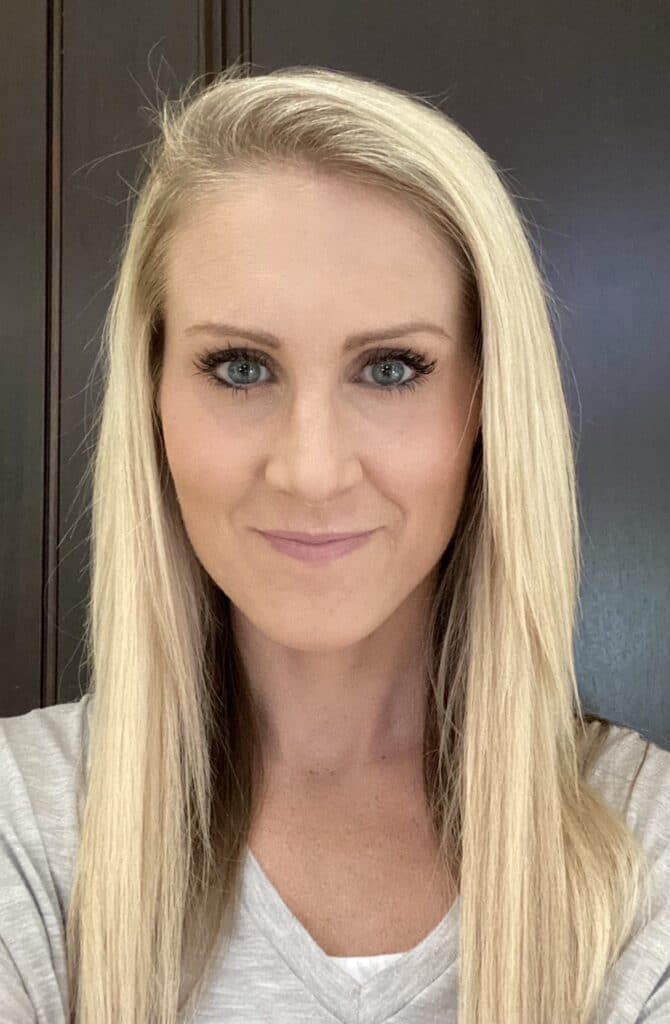
Katie completed her undergraduate degree in Biology and Psychology at Case Western Reserve University (CWRU) in Cleveland, Ohio. She earned a Master’s Degree in Public Health Nutrition and completed her dietetic internship at CWRU.
Katie began her career as a K-12 school nutrition consultant for a private consulting firm, Pisanick Partners, L.L.C. in Cleveland, OH, and then went on to join the corporate wellness company, Be Well Solutions, as an Account Manager and Wellness Dietitian. Katie eventually transitioned her role at Be Well as the Program Director of the Dietetic Internship. Katie loves having the opportunity to work alongside interns, helping them discover their passions and goals within the field of dietetics, as well as creating an innovative curriculum to educate future dietitians! Katie is also a certified Health Coach through the American College of Exercise and embraces the balance of an active and healthy lifestyle, filled with hiking, weightlifting, cooking, and movies. She loves spending quality time with her husband, boy/girl twins, and two dogs.
P.P.S. Click here to learn more about the Be Well Solutions Dietetic Internship!




